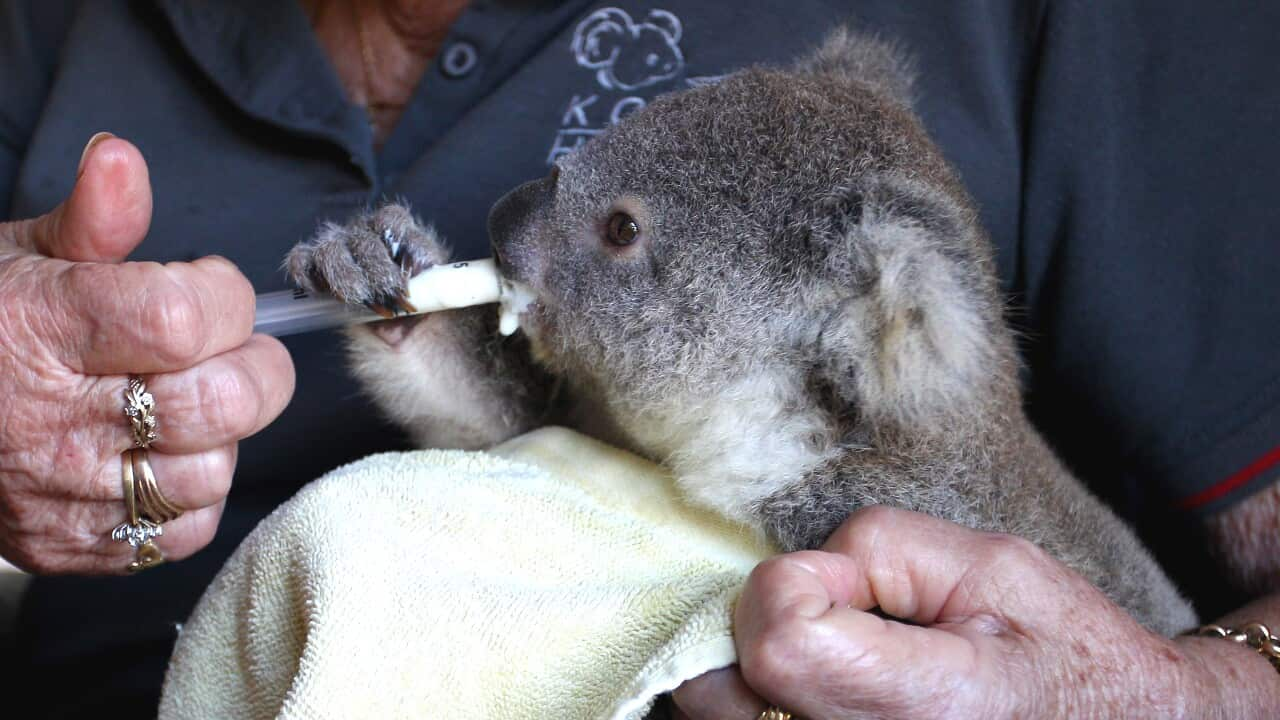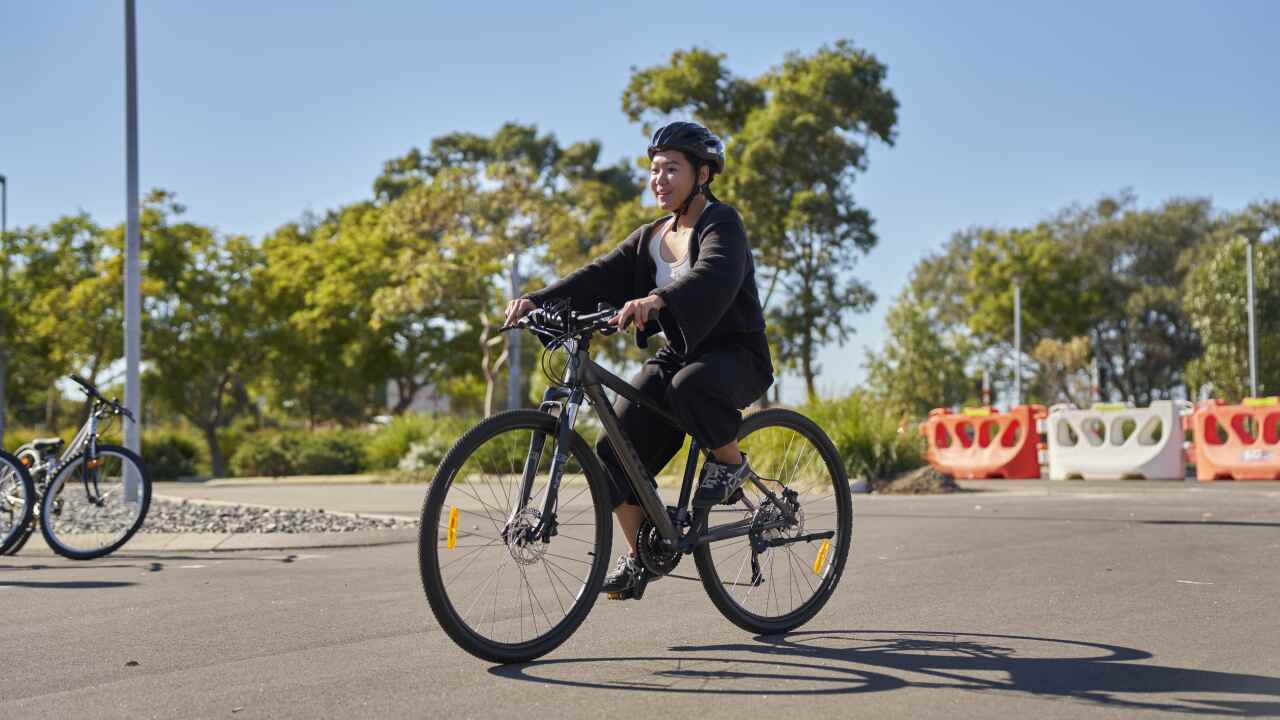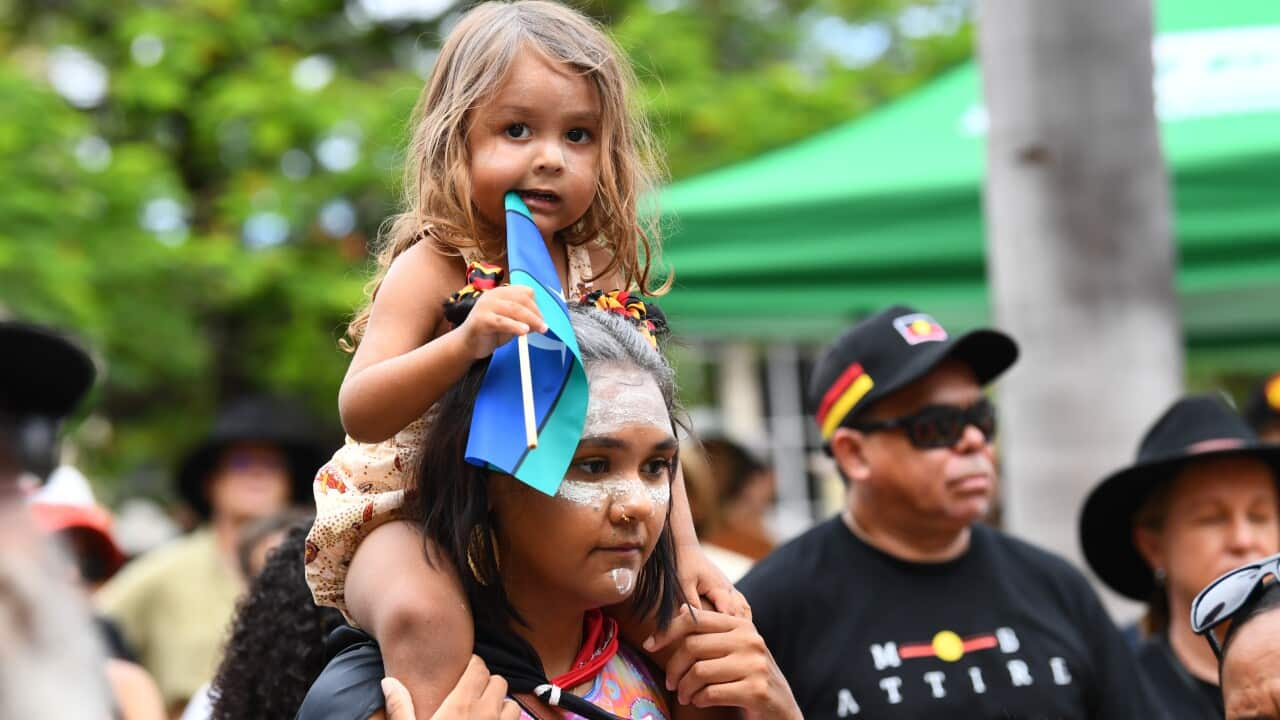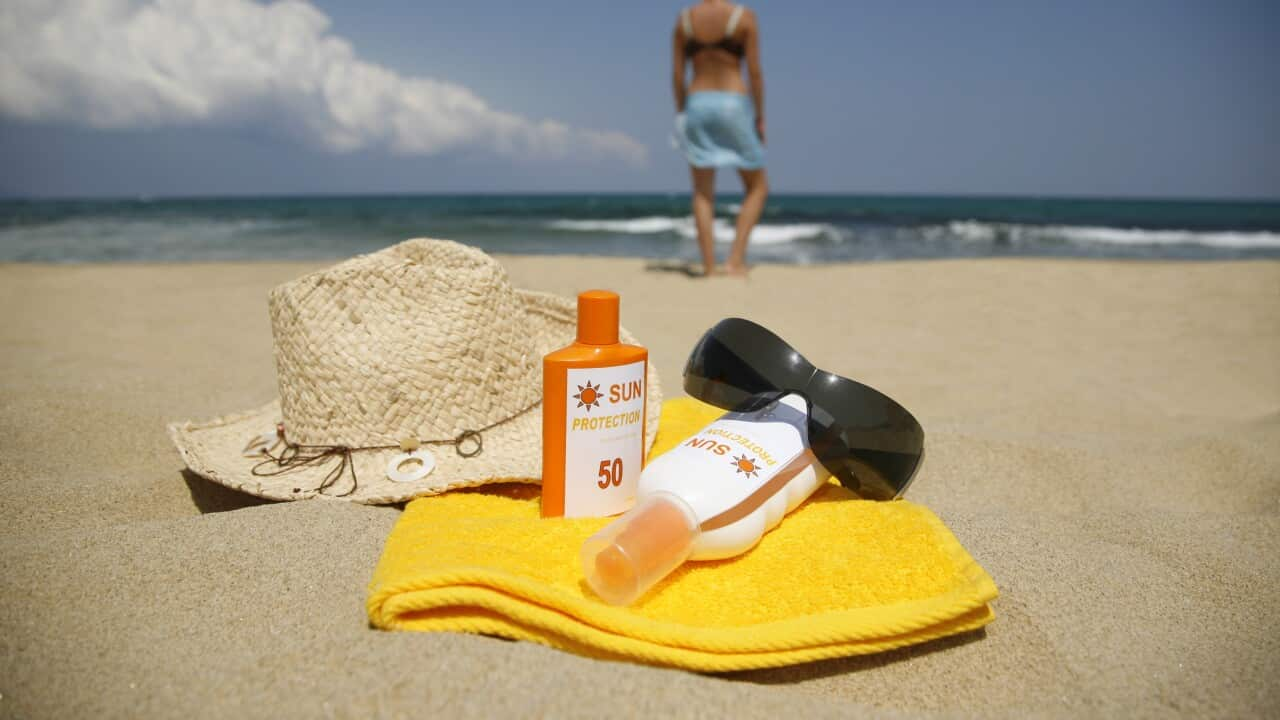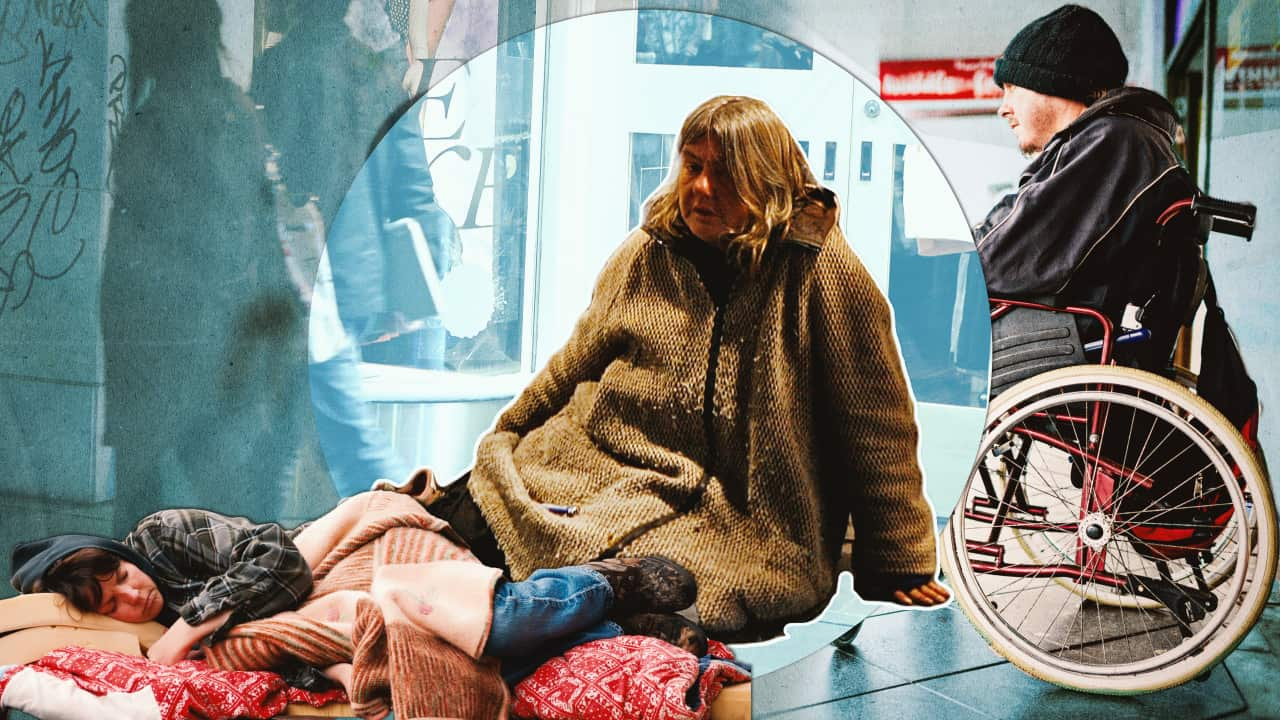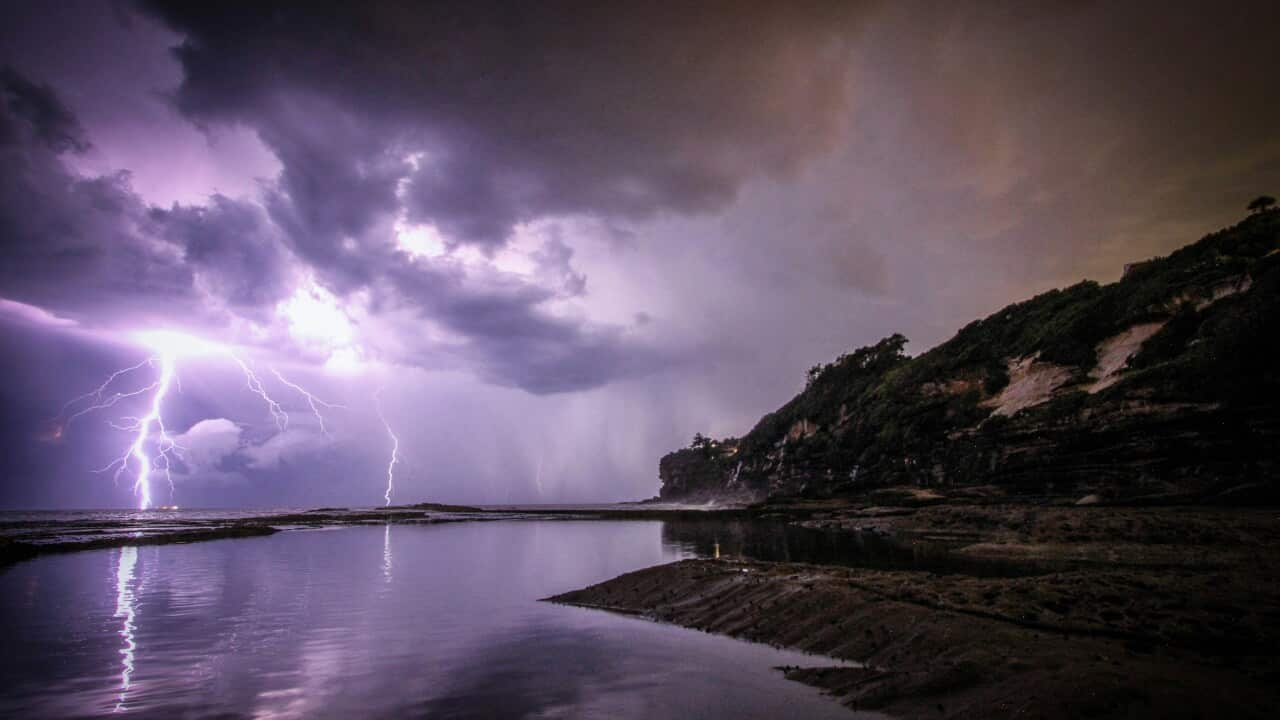Key Points
- Most city parks, except for bigger spaces like botanic gardens, fall under the sole responsibility of city councils.
- Conditions typically apply for conducting commercial activities in parks, often requiring council approval, and paying a fee.
- Being mindful of other visitors and the community’s needs is the overarching principle defining park etiquette.
These green spaces serve various purposes, including dog walking, relaxation, exercise, social gatherings, picnics, barbecues, and hosting events.
Sammi Dobinson is a mother of two and co-director of , a website on free outings recommendations for kids and families. She has visited most green spaces in her city.
“People want that ability to have a destination to go to, have a bit of fun and not necessarily be reaching into their pockets all the time,” she says.
“And often, parks are the first port of call when moving into a new neighbourhood, the best place to find a community of friends and get some information about the local area.”

Do report any maintenance issues at your local park by contacting the city council. Getty Images/Marianne Purdie Source: Moment RF / Marianne Purdie/Getty Images
“We do have a shared responsibility for some parks and open spaces, so for example some areas are managed by the state government or trusts.
“But the majority of our parks and open spaces are owned or managed by the city as owner or crown reserve manager, or trust manager.”
Although certain overarching regulations, such as bans on camping and vehicle entry, apply to most city parks, it's important to note that each local government area has its own distinct set of rules and regulations in place.
“There may be different issues or facilities or things happening in that local government area. So, it’s very important to check with your local council,” Mr Johnson says.

Parents of older kids should be mindful when sharing the playground space with toddlers. Getty Images/Jordan Lye. Source: Moment RF / Jordan Lye/Getty Images
“Of our 400 parks , there are only 50 where you can take your dog off leash, but , so that means more than 50 per cent of our park area is accessible to off leash dogs.”
Ms Dobinson explains, even in off-leash parks, it's essential to keep your dog on a leash when near a playground.
“One thing I’ve seen sometimes is that people will bring their dogs over to the playground and not all kids are okay with dogs… So, it’s just a matter of keeping an eye out at all times.”
When it comes to park and playground etiquette, many aspects are simply a matter of common sense, Ms Dobinson says.
“Things like taking your rubbish with you if you can, or finding a rubbish bin to use, before you leave, cleaning up after yourself, making sure that the kids are playing on appropriately sized play equipment, you know you don't want to be sending big kids coming down the slide with the little kids, it could be a bit intimidating.”
A similar ‘being mindful of others’ approach is expected when you choose a local park to host your child’s birthday party.
“You just need to be mindful about noise, making sure you're not bringing the biggest boombox you've got, and keeping things under control in terms of the kids running around and take all the streamers and party stuff (if you’re decorating) home with you.”

For small gatherings, barbeque spots and other areas within parks are typically available on a first in best, best dressed basis. Getty Images/Hero Images Inc Credit: Hero Images Inc/Getty Images
Do I need to get permission for an organised event/activity at the park?
For activities that involve large crowds, like weddings and end of year parties, a booking or a permit may be required. The same applies for activities of commercial nature, Mr Johnson from the City of Sydney explains.
Events that would typically need approval are things that are going to have a major impact on the park or very large concerts or markets or commercial activities where you're selling things.Joel Johnson
Professional trainers conducting fitness or wellness classes in parks may also be required to get approval from the city council and in certain cases pay a fee.
Scott Hunt is the founder and CEO of Fitness Enhancement, a personal training business specialising in outdoors fitness training sessions across three states.
“If you're training less than 10 people at once, you need a permit, but it's free. And then if you have a group of more than 10 people, such as a boot camp, then you do need to pay for permit.”
The underlying reason for the council's regulation of commercial activities within parks is also to uphold public health and safety standards.
“The great thing about them saying you need a permit is it helps them check that personal trainers are actually qualified and insured who are working in the parks.”
However, these conditions don’t apply if a group is gathering to exercise at the park on a recreational basis.
“If you and your mates, your footy team or your work colleagues are having a workout in a park by yourself and it's a not-for-profit thing, there are no restrictions. That's what our parks are for, that's what we pay our rates and taxes for.”

Getty Images/Traceydee Photography Source: Moment RF / Traceydee Photography/Getty Images
What does council actually crack down on? They tend to only act on complaints. If you're not upsetting the community, then you're not going to be asking for trouble.Scott Hunt
“Just have that common courtesy and respect and realise, hey, it's not your park, it's the community's park and you need to look after this environment.”
Using the BBQ area at your local park?
Park etiquette is straightforward, guided by principles of common sense and courtesy. The unspoken rules are as follows:
- Prioritise safety: If you plan to bring your own portable BBQ, it's important to first confirm whether this is permitted in your area.
- Maintain cleanliness: while councils do regular cleaning of BBQ plates, it's a courteous gesture to leave the space even cleaner than you found it, considering the next user.
- Sharing is caring: the "first come, first served" principle generally applies in public spaces, but most parks offer multiple shaded picnic areas and hotplates, ensuring ample availability for everyone.



